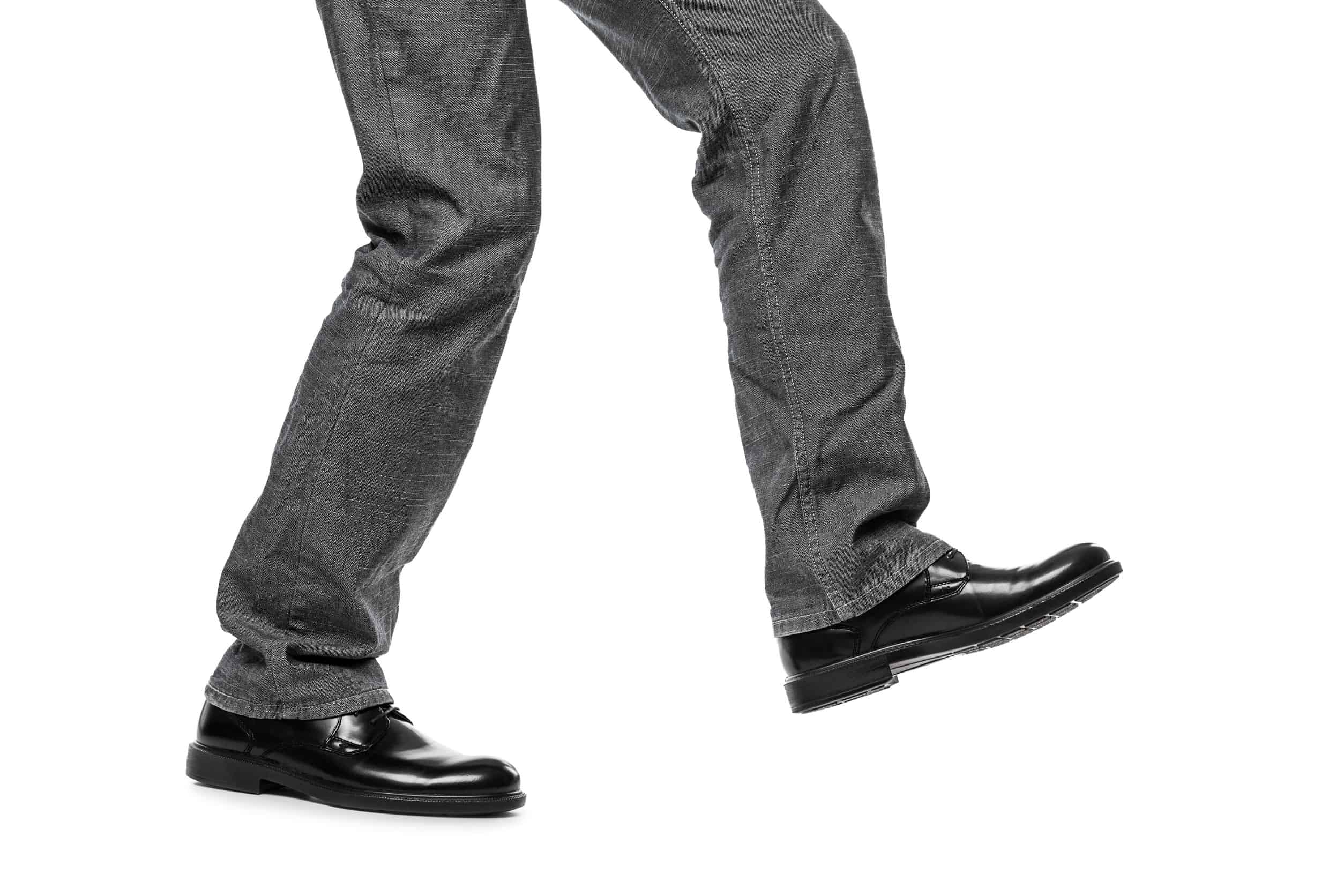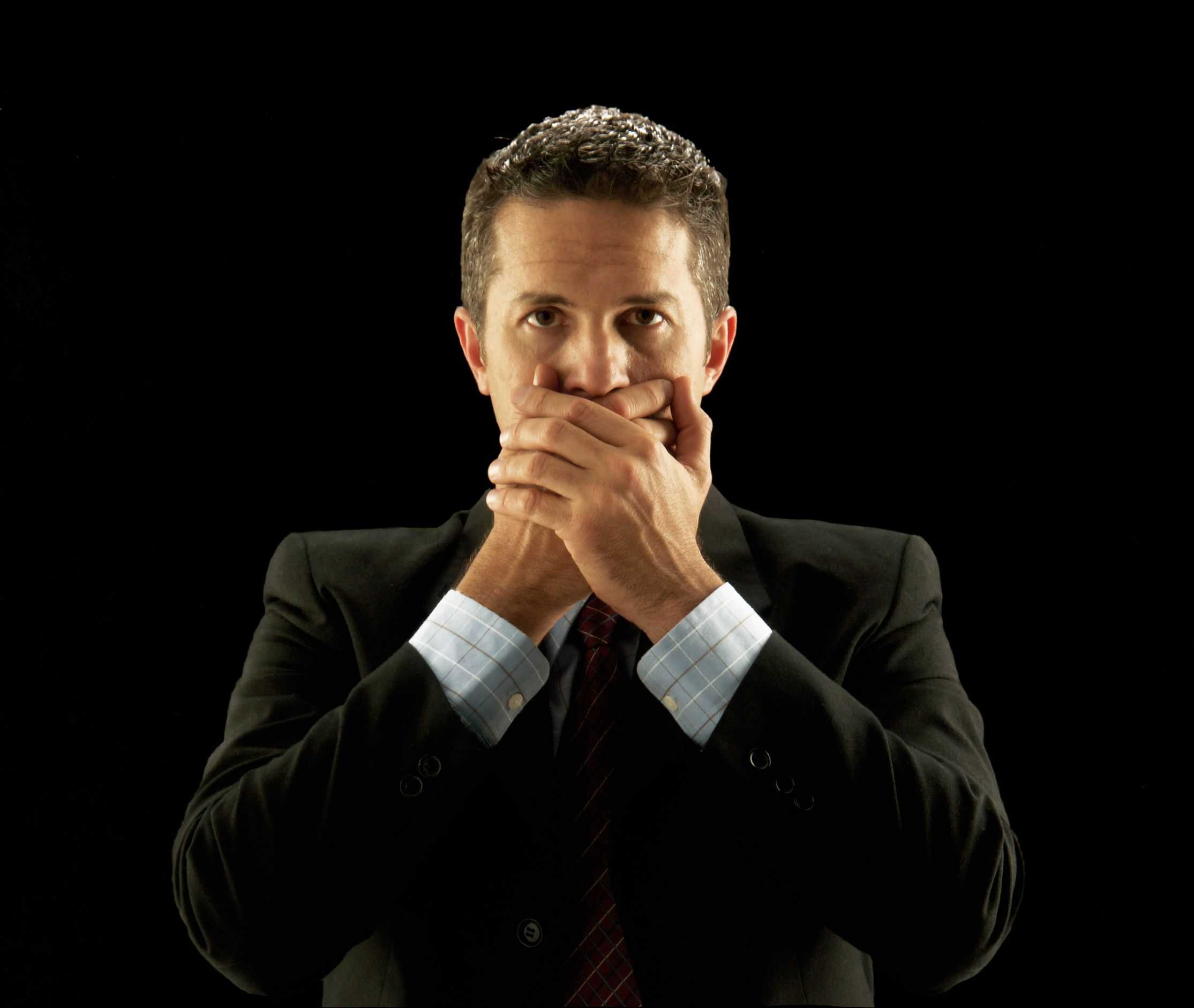Common White Collar Crimes and Defenses
March 31, 2025

Drinking This Halloween? Beware Colorado Disorderly Conduct Charges
Statutory Rape in Colorado: How the Law Works
Posted by: Jacob E. Martinez
Category: DUI | Field Sobriety Tests
Wondering if you should take a field sobriety test if you get pulled over? In this post, we’ll explain what the tests are like and why you should not take them. Ever.
Then we’re cover what you can do to fight back if you are charged with a DUI.
If an officer suspects you’ve had too much to drink, he or she will pull you over and ask you for your driver’s license and registration. Then you will be asked to step out of the vehicle, and often to perform tests to determine your sobriety. Here are the tests you will be expected to complete:
Horizontal Gaze Nystagmus Test
This test looks for a condition in eye movement that is present only when a person is under the influence of too much alcohol. It is called horizontal gaze nystagmus and is measured by a special instrument.
Walk the Line Test
The police officer will ask you to walk on a straight line to look for coordination ability. You will be asked to take a series of steps, turn in a certain way, and then walk back. Most people who have had too much to drink are not able to successfully pass this test.
One Leg Stand Test
You will be asked to stand steady on one leg while holding your other leg up at least six inches from the ground. The police officer will count for a certain number of seconds while you stand on one leg.
You are not required by law to take a field sobriety test even if the police request it. If you are pulled over on suspicion of DWI in Colorado, here are the reasons you should always refuse a field sobriety test.
Horizontal Gaze Nystagmus Test
A special camera captures your gaze to test for horizontal gaze nystagmus. If the camera is not properly calibrated, the results can be off. The officer must also know how to operate the camera, or the results can be inaccurate.
Walk and Turn Test
You may not be able to walk in a straight line even when sober due to physical limitations. Weather conditions and other factors may also prohibit you from successfully completing this test.
One Leg Stand Test
Physical problems or inner ear issues may prevent you from performing well on this test, and this should not be held against you.
As any good Denver criminal lawyer will tell you, these tests are designed to work against you, not for you. All of these tests are prone to inaccuracy and can be easily misread. A police officer will be looking for any sign that indicates you are too inebriated to pass the test, and their findings will be colored by this desire.
What should you do?
Politely refuse to take them so that less evidence can be held against you in court.
Field sobriety tests do not fall under Colorado’s implied consent laws, so refusing to participate in the test will not cause you to automatically lose your driver’s license for a year. That being said, it is likely that refusal will result in the officer arresting you – but honestly, once they’ve asked you to take field sobriety tests, that’s already the likely outcome.
If you are arrested after refusing the tests, state your desire to talk to an attorney immediately, then exercise your right to remain silent.
Throughout this interaction, do your best to remain cool, calm, and respectful – even while you refuse. Remember, the law does not require you to take field sobriety tests, and all you are doing by refusing is preventing them from gathering additional evidence. That’s something that can help your case down the line.
About the Author:
Denver-based criminal defense and DUI attorney Jacob E. Martinez is a knowledgeable and experienced litigator with a record of success providing innovative solutions to clients facing criminal charges of any severity. Mr. Martinez has been designated a Top 100 Trial Lawyer by the National Trial Lawyers and has been awarded both the Avvo Client’s Choice Award and Avvo Top Attorney designation, evidencing his reputation for his exemplary criminal and DUI defense work and high moral standards.
Jury Trial - Not Guilty
Jury Trial - Not Guilty
Arapahoe 1st Degree Assault/Vehicular Assault
Jury Trial - Not Guilty
Denver Domestic Violence Assault Case
Jury Trial - Not Guilty
Denver D.V. Assault
Jury Trial - Not Guilty
Denver Careless Driving Resulting in Death
Jury Trial - Not Guilty
Jefferson County Felony Menacing
Jury Trial - Not Guilty
Adams County DUI
Jury Trial - Not Guilty
Jefferson County DUI
Jury Trial - Not Guilty
Jefferson County DUI
Jury Trial - Not Guilty
Jefferson Vehicular Assault/DUI
Jury Trial - Not Guilty
Jefferson County DUI
Jury Trial - Not Guilty
Boulder County DUI case
Jury Trial - Not Guilty
Arapahoe County DUI case
Jury Trial - Not Guilty
Adams County DUI case
Jury Trial - Not Guilty
Douglas County DUI case
Jury Trial - Not Guilty
Gilpin County DUI case
Dismissed
Broomfield County Probation Revocation case
Dismissal
Arapahoe County DUI case
Deferred Judgment
Arapahoe County DUI case
Deferred Judgment
Douglas County DUI case
Deferred Judgment
Larimer County DUI case
Deferred Judgment
Arapahoe County DUI Case
Deferred Judgment
Denver Felony Burglary Case
Deferred Judgment
Arapahoe County DUI case
Dismissed
Arapahoe County Protection Order Case
Dismissed
Golden Destruction of Property case
Dismissed
Jefferson County Protection Order case
Dismissed
Jefferson County Domestic Violence case
Dismissed and Sealed
Jefferson County DUI case
Dismissed
Denver Major Traffic Offense case
Dismissed and Sealed
Broomfield County Domestic Violence case
Dismissed
Summit County DUI Revocation
Dismissed
Denver DUI Revocation
Dismissed
Denver DUI Revocation
Dismissed
Denver DUI +.2 Involving Accident and Injury case
Dismissed
Denver DUI/Habitual Traffic Offender case
DISMISSAL
Denver District Aggravated Theft
Dismissed
Greenwood Village Assault case
Dismissal
Elbert County DUI
Dismissed
Arapahoe County Domestic Violence case
Dismissal
Jefferson County DUI
Dismissal
Denver Municipal Assault
Dismissed
Boulder County Domestic Violence Assault case
Dismissed
Wheat Ridge Assault case
Dismissed
Jefferson County DUI case, with 2+ Prior Convictions
Dismissed
Arapahoe County Domestic Violence case
Dismissed
Broomfield County Domestic Violence case
Dismissed with No Charges Filed
Jefferson County Felony Theft case
Dismissed
Arapahoe County Felony Theft case
Dismissed
Boulder County Felony Theft case


